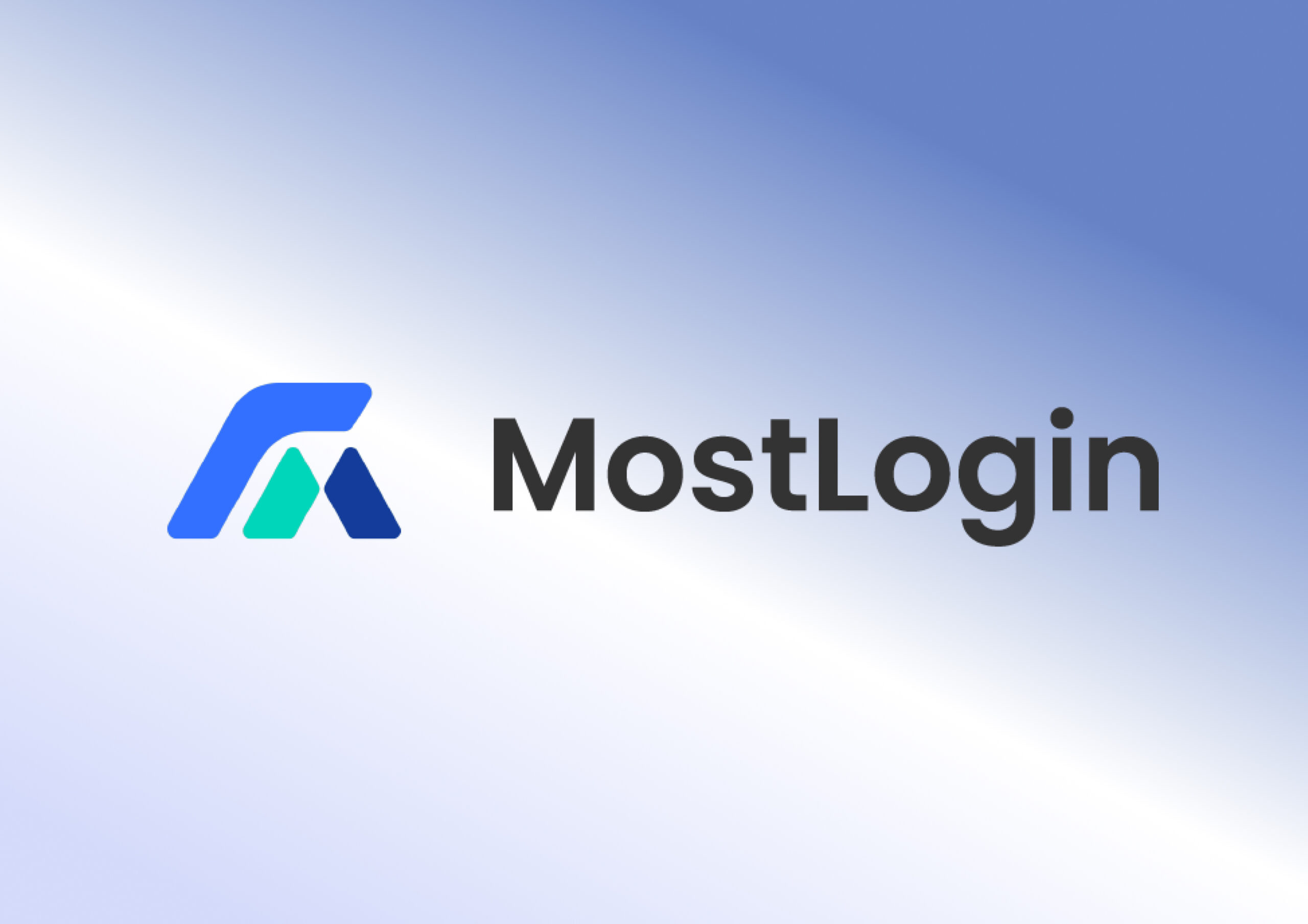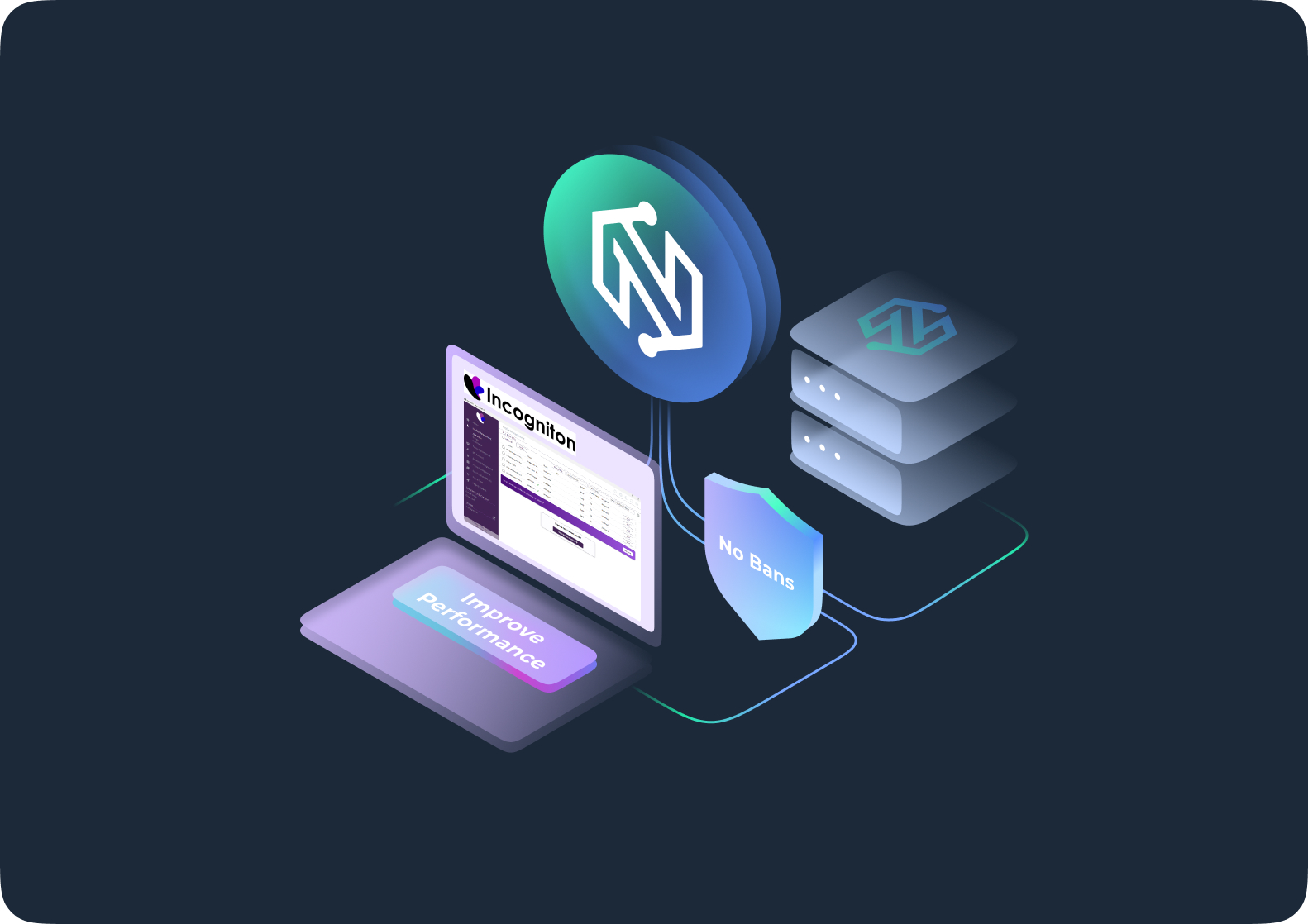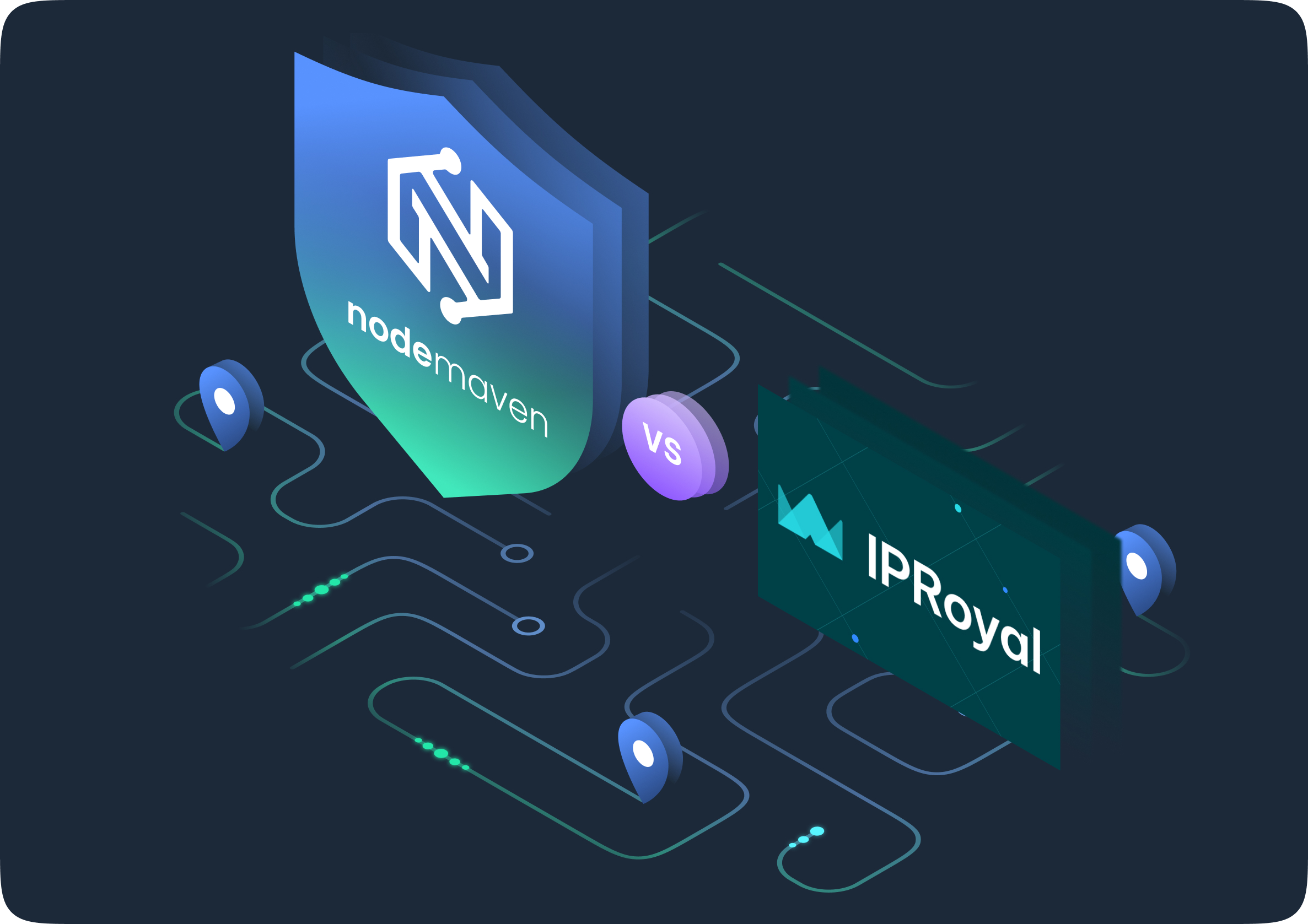If you’ve been researching tools for web scraping, ad verification, or social media automation, you’ve probably come across residential proxies.
They’re powerful, reliable, and far harder to detect than datacenter proxies. But here’s the question that trips up many users: are residential proxies actually legal?
The answer isn’t just “yes” or “no.” It depends on how you use them, where you use them, and whether they’re ethically sourced.
In this guide, we’ll break down exactly what residential proxies are, the laws that affect them, examples of legal and illegal usage, and how to ensure you stay compliant while getting the most out of them.
What Are Residential Proxies?
Before diving into the legal details, let’s make sure we’re on the same page about what residential proxies are.
A residential proxy is an IP address assigned to a real physical device (like a laptop, phone, or smart TV) by an internet service provider (ISP). Unlike datacenter proxies, which come from servers in data centers, residential proxies appear to websites as if they’re coming from everyday home users.
Why does that matter?
Because websites often block or flag datacenter IPs when they detect automated activity, but residential IPs carry the trust of real household connections, making them much harder to detect or blacklist.
Common uses for residential proxies:
- Accessing geo-restricted content (e.g., viewing region-specific versions of a website)
- Running multiple social media accounts for business purposes
- Collecting pricing data from e-commerce sites
- Verifying online ads in different countries
- Large-scale search engine result monitoring
So if residential proxies are just IP addresses from real users, how can there be any legal concerns? The answer lies in how they’re used.
Are Residential Proxies Legal?
The short answer:
Yes, residential proxies are legal to use in most countries. There are no global laws that prohibit using a residential IP address for browsing or automation purposes.
When it comes to legality, residential proxies often get misunderstood. Many people hear “proxy” and immediately think of shady activities, but in reality, a proxy is simply a middleman between your device and the internet. The law doesn’t punish tools—it punishes actions.
However, legality depends on:
- Your intent (what you’re doing with the proxy)
- Your method (how you’re accessing and sourcing the proxy)
- Local laws (your jurisdiction’s internet regulations)
In other words, think of residential proxies like a car: owning one is fine, driving it is fine, but using it as a getaway vehicle for a bank robbery is not.
Example: If you use a residential proxy to check your ads in a different country, that’s legal. But if you use it to bypass security measures and hack into accounts, that’s illegal.
To understand where the line is drawn, let’s look at examples of legal and illegal use cases.
Legal vs. Illegal Use Cases for Residential Proxies
Understanding what you can and cannot do with a residential proxy is essential if you want to stay compliant and avoid legal trouble. While the proxy itself is neutral, your activities while using it determine the legality. Let’s break down some real-world examples.
Legal Uses
- Market Research & Price Monitoring
Collecting public pricing data to adjust your own competitive strategy. - Ad Verification
Checking that ads display correctly in various regions. - Geo-Testing
Viewing how your website appears in other countries. - Brand Protection
Detecting counterfeit goods listings or unauthorized sellers.
Illegal Uses
- Account Takeovers
Using proxies to bypass security and hack accounts. - Fraudulent Transactions
Masking your location to commit credit card or payment fraud. - Bypassing Copyrighted Content Restrictions
Accessing paid content without permission. - Bot Attacks
Using proxies for spamming, DDoS attacks, or automated abuse.
Important Note: Even if an activity isn’t technically illegal, it might still violate a website’s Terms of Service (ToS). Violating ToS can lead to account bans or civil legal action.
If your activities involve deception, theft, or unauthorized access, you’re crossing into illegal territory. If your goal is legitimate, research, security testing, performance optimization, you’re in the clear.
Global Legal Perspectives on Residential Proxy Use
While most countries allow the use of proxies, some heavily regulate or outright ban them, particularly for political or censorship reasons.
Examples of regions with strict or illegal proxy use:
- China – Unauthorized proxies and VPNs are illegal; internet traffic is monitored under the Great Firewall policy.
- Russia – Blocks many proxy and VPN services; using them to bypass state censorship is prohibited.
- Iran – Proxies and VPNs are banned without a government license; violations can carry heavy fines.
- North Korea – No legal proxy or VPN use; internet access is extremely restricted.
- United Arab Emirates – Proxy use to commit a crime or bypass geo-blocks is punishable by law.
Tip: Even in countries where proxies are legal, local laws may impose restrictions on data privacy, web scraping, or bypassing geo-restrictions. Always check the regulations in your jurisdiction before starting a project.
Ethical Proxy Sourcing: Why It Matters
Not all residential proxies are created equal. Some are ethically sourced, with consent from the IP owner, while others are obtained through malware or unauthorized access.
Ethical proxy providers:
- Obtain IP addresses with user consent (often via apps or agreements)
- Clearly explain how the IP will be used
- Allow IP owners to opt-out
Unethical proxy sources:
- Hijack devices through malware or botnets
- Sell IPs without the user’s knowledge
- Put both the buyer and IP owner at legal risk
Tip: Always choose a provider that is transparent about sourcing. NodeMaven, for example, only uses verified, consent-based residential and mobile IPs.
How to Use Residential Proxies Legally
Here are best practices for staying compliant while using residential proxies:
- Use Proxies for Public Data Only
Avoid scraping or accessing data that requires login unless you have permission. - Respect Website Rules
Check robots.txt and follow crawl-delay guidelines. - Avoid Fraud and Misrepresentation
Don’t use proxies to impersonate other users or manipulate systems. - Work with Trusted Providers
Choose providers that use legitimate, ethical sourcing methods.
Why Residential Proxies Are Popular for Legitimate Business Use
When used responsibly, residential proxies can provide huge advantages:
- High Trust: Appear like normal user traffic.
- Geo-Targeting: Perfect for location-based testing.
- Reduced Blocks: Lower chance of triggering anti-bot systems.
- Scalable: Suitable for large-scale automation and data collection.
How NodeMaven Fits In
NodeMaven specializes in residential proxies, mobile proxies, and rotating/static residential proxies, all ethically sourced and built for legal business use.
Key benefits:
- Massive IP pool with global coverage
- Sticky sessions for long-term tasks
- Rotating IPs for large-scale scraping
- Geo-targeted IP selection
- API & dashboard for easy control
If your use case is legitimate, market research, ad verification, SEO monitoring, NodeMaven offers one of the most reliable infrastructures for compliant proxy usage.
Final Thoughts
Are residential proxies legal?
Yes, as long as you use them ethically and in compliance with the law.
Think of a proxy as a tool, it’s neither inherently good nor bad. The legality depends entirely on your actions and the provider you choose.
By sticking to legitimate use cases, respecting website policies, and working with ethical providers like NodeMaven, you can enjoy the benefits of residential proxies without crossing legal lines.


